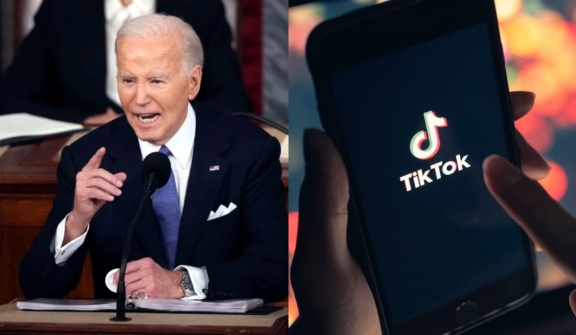
President Joe Biden's decision to ban TikTok in the United States has raised questions about the motivation behind this move.
With concerns over data security and Chinese government influence, the decision has ignited a discussion about national security and individual privacy rights.
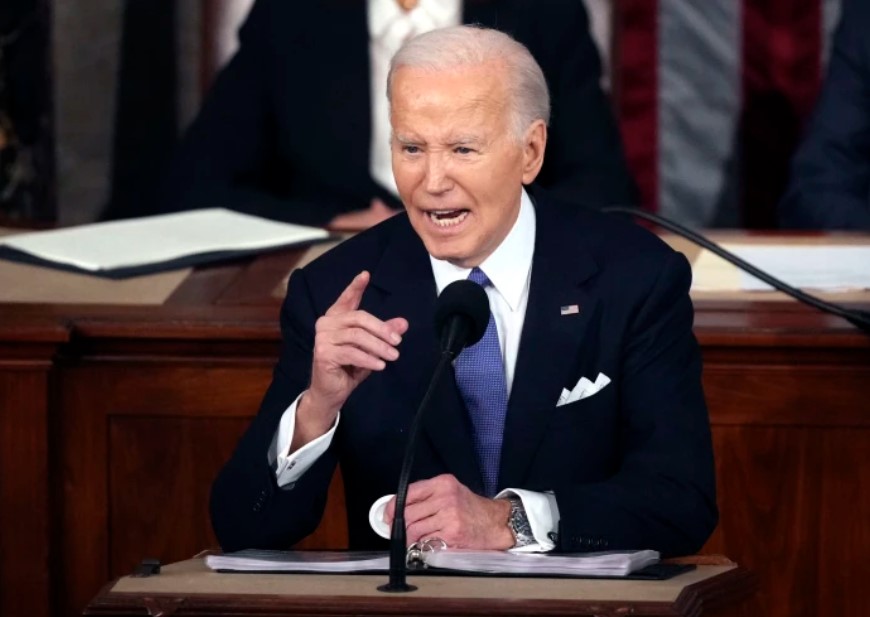
TikTok's association with the Chinese government has come under scrutiny due to its ownership by ByteDance, a Chinese company.
Lawmakers in the United States have expressed concerns about data security and the potential for espionage.
With a massive user base of 150 million in the US alone, TikTok's popularity has raised alarms about the collection and sharing of sensitive user data.
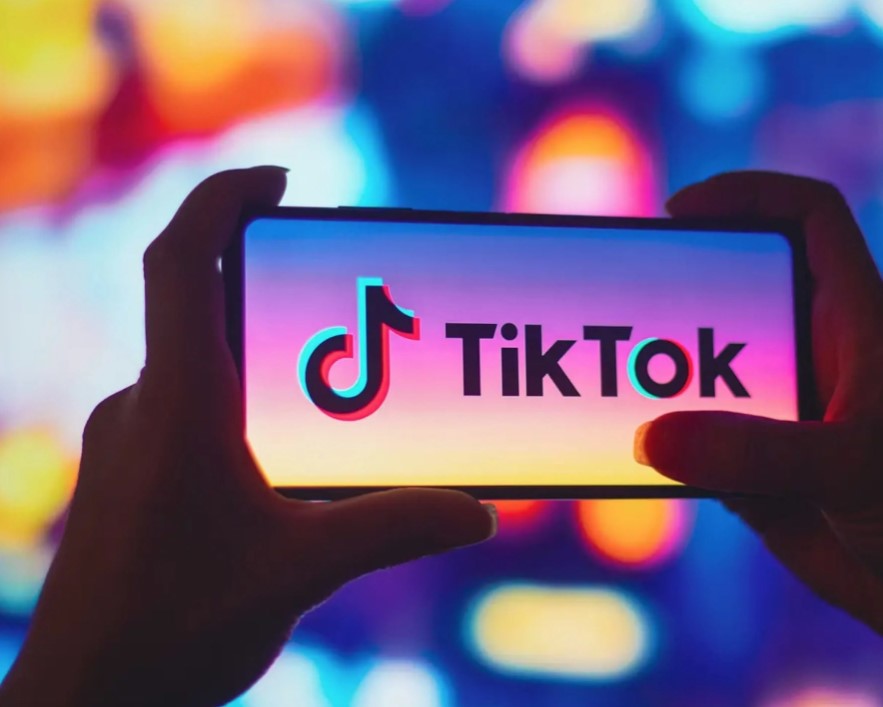
In 2022, Brendan Carr, a Commissioner at the Federal Communications Commission (FCC), called upon American tech companies to take action by removing TikTok from their app stores.
Recently, President Biden expressed his readiness to sign a bill if it were to pass, indicating his support for measures against TikTok.
One of the primary concerns is that TikTok collects and shares sensitive user data, which could be accessed in Beijing.
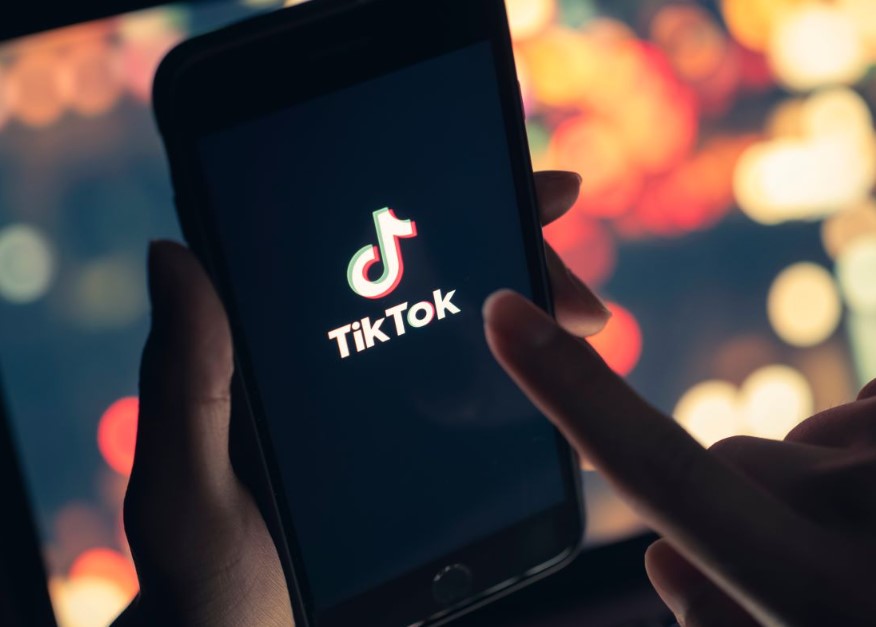
The fear is that China could exploit this information for espionage purposes, posing a threat to national security.
Additionally, there are apprehensions that China may manipulate the app's algorithms to promote propaganda or misinformation.
Efforts to ban TikTok have been ongoing, with the Federal Communications Commission (FCC) urging tech companies to remove the app from American app stores.
However, previous attempts to ban TikTok did not succeed.
The recent introduction of the "Protecting Americans from Foreign Adversary Controlled Applications Act" has reignited the push for a ban.
The legislation aims to safeguard national security by addressing the threats posed by foreign-controlled applications like TikTok.
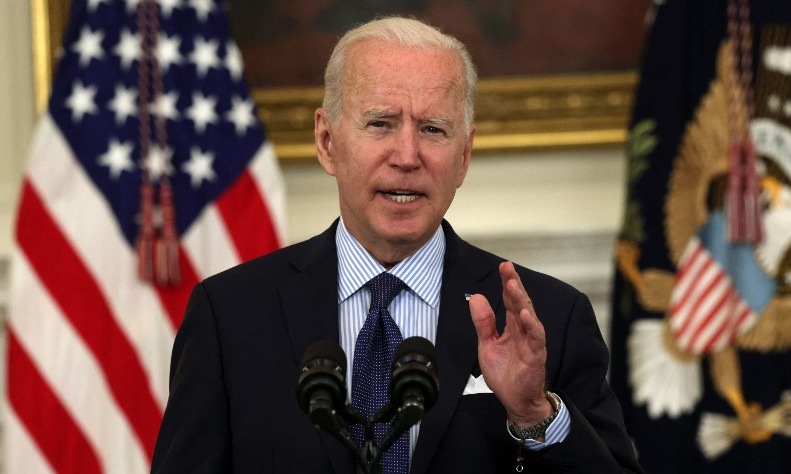
To prevent the ban, ByteDance would need to restructure its ownership and cut off its connections with the Chinese government.
US lawmakers have emphasized the need for a change in the app's fundamental ownership structure while allowing TikTok to continue operating.
The specific buyer for ByteDance has not been specified at this stage.
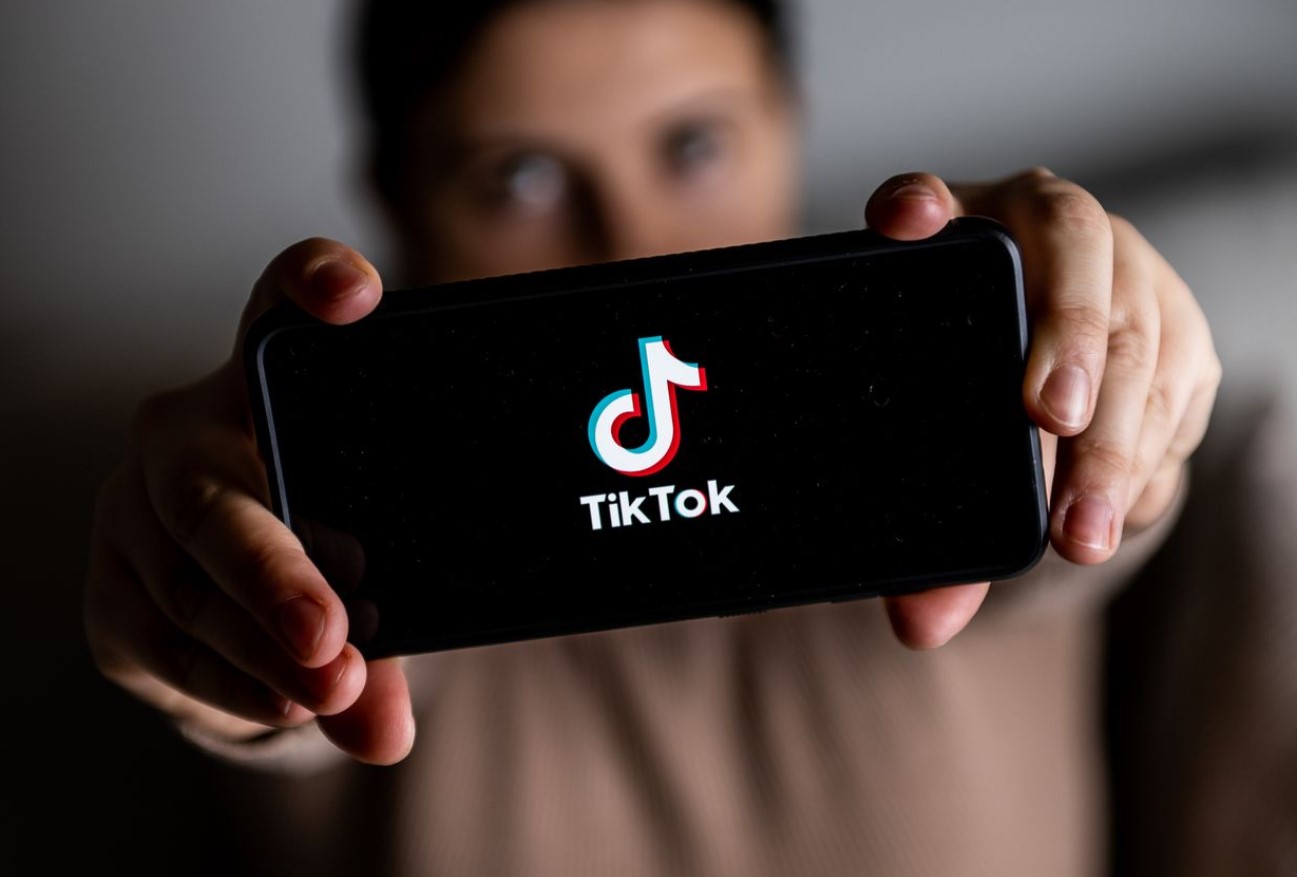
Unsurprisingly, TikTok and its CEO, Shou Zi Chew, have strongly opposed the proposed ban.
Chew argues that the bill effectively amounts to an outright ban on TikTok and infringes upon the First Amendment rights of millions of Americans.
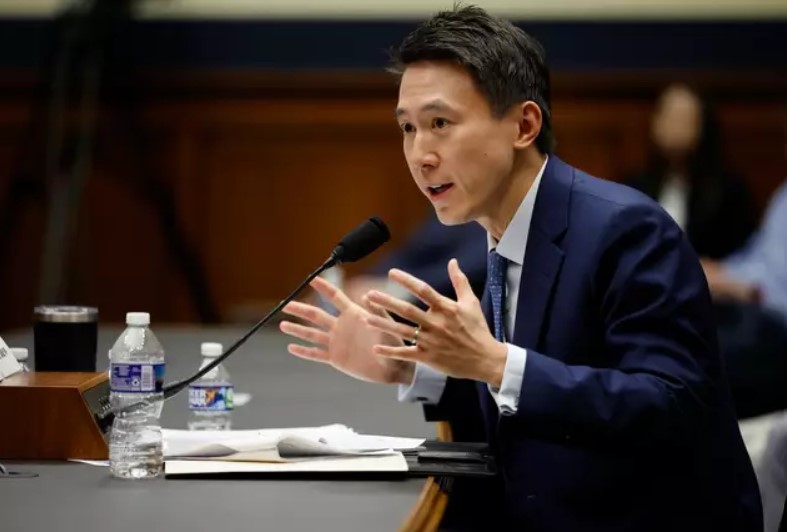
The company believes that the legislation would not only impact individuals but also harm small businesses that rely on TikTok as a platform for growth and job creation.
As the bill approaches a vote in the House next week, the debate around TikTok's ban continues.




